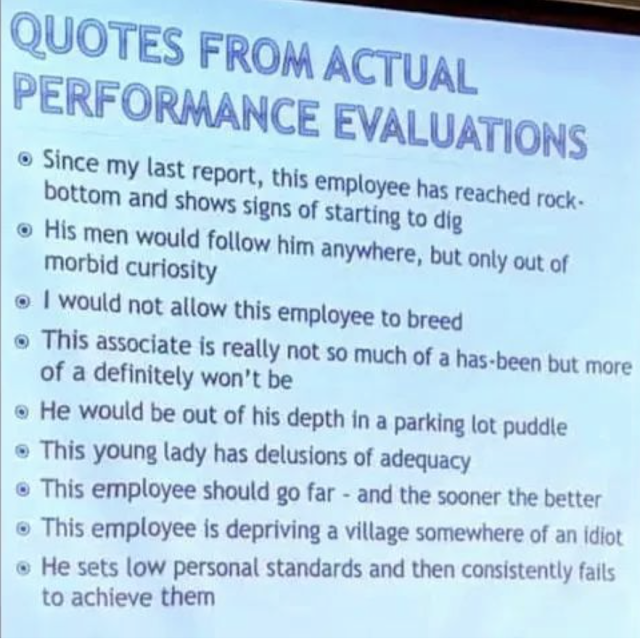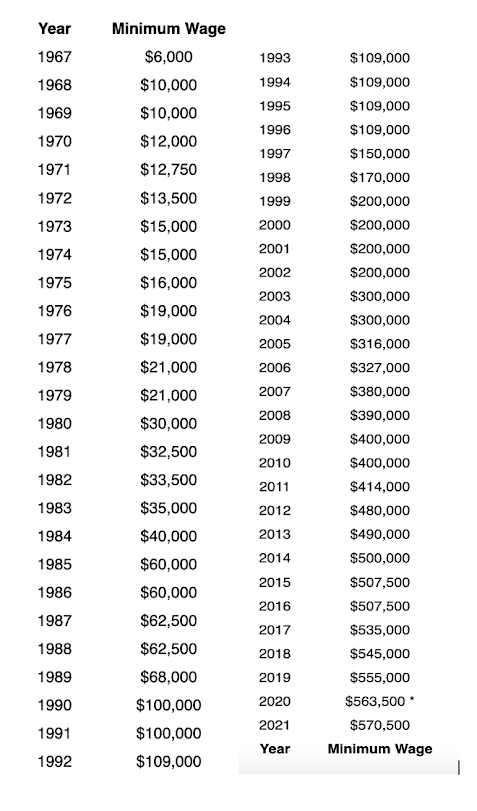When you're older, somewhat hidebound, and when you have a long memory things that were once easy become more difficult. The changes in the world are of such magnitude that it becomes nearly impossible to adjust to them.
For instance, when I was a boy, the toll to use the Henry Hudson Bridge was ten cents. Today, if you don't have EZ-Pass, the toll is $7.80. It's hard to bring yourself to pay 7800-percent more for something than you grew up paying.
Likewise, it's hard for me to go to restaurants.
In my first copywriting job in Manhattan, way back in 1980, I earned $225/week. In those days, I would never have entertained the slightest notion to go to Smith & Wollensky for dinner and I can hardly bring myself to do it today. Especially not when a Bone-In Rib Steak costs $74--just about one-third of my original New York salary.
It's not a money thing, really. It's a mental thing.
Just a few days ago, I heard on the radio that in the recent baseball strike, the Major League minimum salary was raised from about $570,000 to $700,000. Back in the early 90s, when I was "hot" as a copywriter, I got my salary pegged to the Major League minimum. That was potentially the smartest financial move I ever made--except the agency went out of business before I could benefit.
Despite the long overture, the point of my opera is simple. It's hard to adjust, really, to some of the new ways of the world, particularly the agency business.
Coincidentally, one of the things I struggle with within the agency world also concerns inflation--the inflation of titles.
I just went on the website of what was once a huge agency. While it's probably half the size it was ten years ago, the agency still seems to have executive staff commensurate to what it would take if they were running the entire world. They seem to make the Vatican look like a flat organization.
I counted 23 Chiefs on their roster. Not counting the new Chief People Officer they announced Tuesday morning, and not counting half a dozen or more Presidents and Global Client Leads, who aren't technically Chiefs.
Like many creative people--and probably like many people of the Vietnam-'question-authority' generation--I have a hard time figuring out what all these people do. The idea, for instance of a Chief People Officer baffles me.
I went to about a dozen websites to try to find a definition I could understand. Just as I ask my wife every time we go out to dinner, 'who could possibly pay $74 for a Bone-In Rib Steak.' Naturally, I could make no sense of any of this.
An article in Forbes said, "Never before has HR been called upon to help their employees effectively deal with serious issues, such as the fast-growing mental health crisis, and relied upon to help team members deal with their emotional well-being, feelings of isolation, depression and burnout. These folks had to develop empathetic, employee-friendly benefits and other inducements to entice job seekers to join their firm and keep the current employees from quitting in the Great Resignation movement."
My guess is agencies are seeing 25-percent attrition rates, so no one's keeping employees from quitting. And I've never worked at an agency that did more for isolation, depression and burnout than provide an 800-number for counseling services.
Another site said, cryptically, "The chief people officer (CPO) is the head of this more multifaceted HR department. Their job is to create the strategy and vision that help the company achieve long-term success." As opposed, I suppose, to long-term stasis or failure.
- Then duties and responsibilities are enumerated.
-Think strategically about employee recruiting, hiring, and retention (as opposed to thinking non-strategically)
-Optimize the use of people analytics software to manage talent (Good thing they're optimizing the use. Way better than pessimising it.) - -Lead benefits and retirement plan administration (No one in a modern agency gets benefits and no one's voluntarily retired from advertising for 20 years.)
-Develop and implement compensation strategy and planning (Holding Company compensation strategy is to pay less for more hours.)







No comments:
Post a Comment